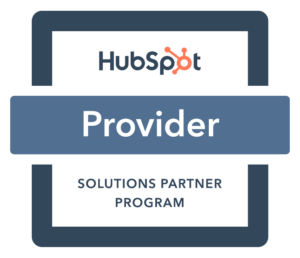Three of the fundamental project governance knowledge areas in the PMI PMBOK are risk management, issue management, and change management. To me they are very much related. A Risk is something that might happen that will have an impact on the planned project. An issue is something that has happened and is negatively impacting the project, essentially a Risk with probability 100%. A Change is an adjustment to the planned project to address the Risk or Issue.
With this relationship understood, it surprises me at times that projects and programs often do well at Issue and Change management, while doing poorly at Risk Management. Often there is minimal lip service paid to handling Risks, with a Risk review being conducted in planning phases, and the original project plan taking this into consideration, and then very little ongoing review during the project.
I believe what lies at the heart of this is the two aspects of Risk – it hasn’t yet happened and the possibility of negative impact.
Often senior management and account teams view the PM discussing Risks as a naysayer. There are real concerns that discussing negative possibilities will have a detrimental impact on morale and momentum of the project. These are people who are accustomed to working with tangibles and forging forward successfully.
As the project goes on, and Issues arise, Risks sometimes take a back seat in priority. After all, it may be more important to put project resources towards what is actually happening, then what might happen.
None-the-less it is important to address Risk and include an element of Risk management in your governance model. Risk Management should include aspects of the following:
- Identify potential Risks that may occur during the course of the project.
- Assign a probability to the Risk materializing. Estimate an impact if the Risk were to occur, in terms of cost, time and schedule. Assign an owner.
- Determine possible ways to either avoid the Risk (mitigation) or to deal with the Risk if it happens (contingency planning). Estimate the cost, time and schedule of the solutions.
- Make decisions based on these facts and propose changes if required.
- Continue to monitor and review known Risks. Include into the review any newly identified Risks.
Risk Management is an important part of the Project Manager’s arsenal of governance tools. Equipped with a clear methodology to handling Risk, the PM is able to present them in a clear and objective manager to be dealt with appropriately.
